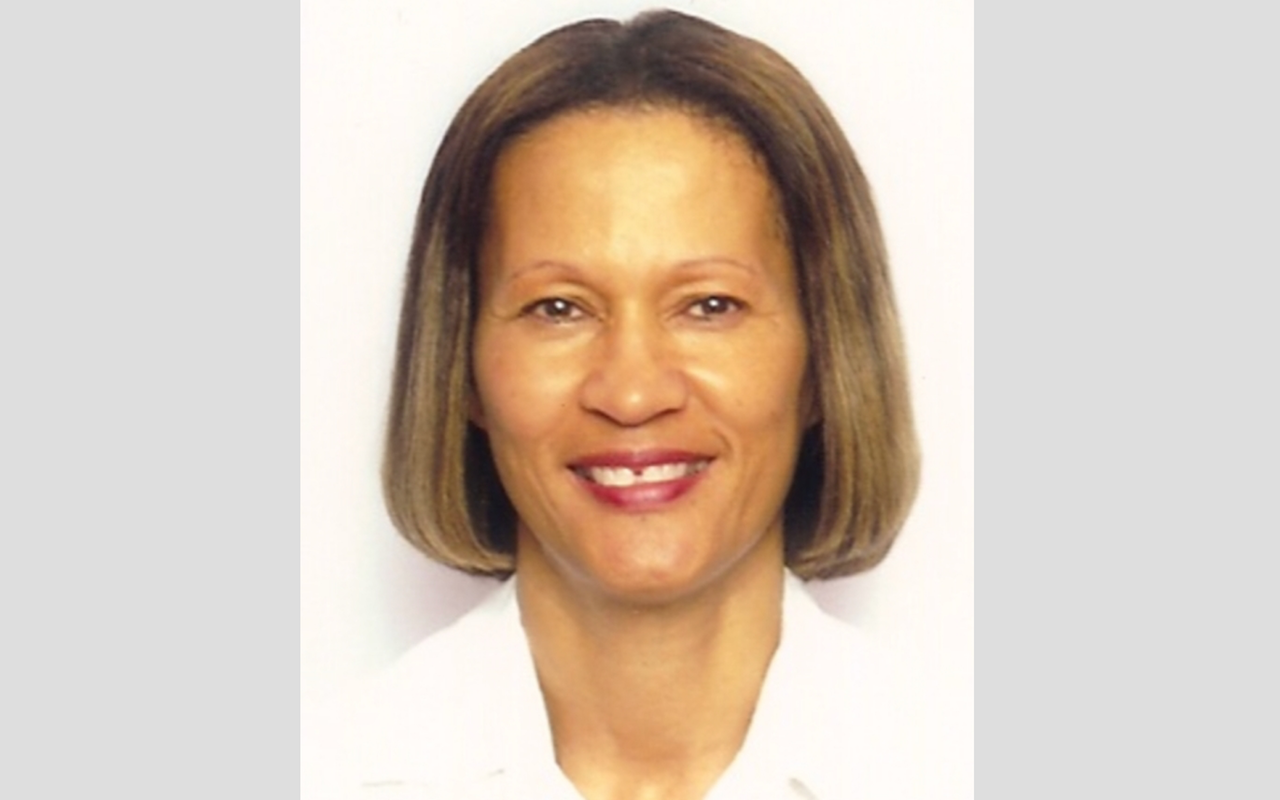As 2023 begins, the Barbados Childhood Obesity Prevention Coalition (BCOP) says it is looking forward to the actual implementation and roll-out of the School Nutrition Policy and to see Barbados join countries across the globe in fighting to reduce the startling growth in childhood obesity.
From Australia to US to Latin America, a pattern has emerged of countries, cities, parishes, and districts, taking the bold stance of banning Sugar Sweetened Beverages (SSBs) and junk food in and around schools and placing restrictions on the marketing and sale of such near these institutions.
Last year, the Barbados government increased the SSB tax from 10 per cent to 20 per cent and approved the National
School Nutrition Policy (SNP), signalling the country’s intention to address the problem. A worrying 31 per cent of our children are considered overweight or obese.
Barbados already bears the heavy economic burden of an adult population with a high incidence of non-communicable diseases (NCDs) and the widening childhood obesity situation, which is already cited as one of the most serious global public health challenges of the 21st century, poses a serious threat for the island.
Highlighting that the direct and indirect economic costs of NCDs were around BBD$375 million annually for this country, Lead Policy Champion for the Heart and Stroke Foundation of Barbados’ (HSFB) Childhood Obesity Prevention Campaign, Professor Anne St. John said, “The epidemic of childhood obesity cannot be ignored as is being realised around the world.
“It must be tackled frontally. This issue is a global one and countries are implementing the necessary policies to reduce the growing numbers of children being diagnosed with NCDs every day.”
Some schools in England have already closed their gates to fast food to curb the rising levels of obesity amongst their student populations, with principals urging parents to provide their children with a packed lunch of sandwiches, salads, vegetables and fruits or to order from the school canteens, which now carry healthier menus.
Last September, a bill was filed in the Senate of the Philippines seeking to not only ban sugary drinks and junk food within schools but also the marketing, sale and distribution of these inside and within 100 meters of school compounds because of worsening obesity and malnutrition amongst young Filipinos.
In the US, the Biden administration is currently seeking to introduce its National Strategy on Hunger, Nutrition and Health, which amongst other objectives aims to reduce sugar and salt consumption through introducing ‘high in sugar, high in salt’ front-of-package warning labelwwwwwws and increasing access to free and nutritious school meals.
Closer to home, our island neighbor, St. Lucia, at the beginning of this year announced they will soon place a ban on SSBs in both primary and secondary schools, while providing guidance to parents on how to read labels so they could be better guided on making healthier beverage choices. These restrictions already exist in schools across Trinidad and Tobago and Jamaica.
Antigua also launched its Less Sugar, Longer Life campaign to curb the increase of children between six and
15 living with obesity or being overweight. A 2021 study showed 70 per cent of young children drank SSBs more
often than water.
Several of these policy changes are already bearing fruit, with some areas reporting a reduction in the consumption of sugary and high salt snacks and sugary drinks and an uptake in the consumption of water, fruits and vegetables.
Professor St. John urged the Government of Barbados to further implement the World Health Organisation’s policy recommendations to combat childhood obesity.
Professor St John emphasised, “Countries, including Barbados, are making steps in the right direction. However, we must not become complacent, as there is still more to be done.
“We await the full roll-out of the SNP to help improve
the quality of life and learning of students.” HSFB and the BCOP Coalition will also continue to advocate for, amongst other things, ‘high in’ front-of-package warning labels so parents can make informed food and beverage purchases.
Research from around the world clearly shows that unless every effort is made to slow down the problem of childhood obesity, health issues including diabetes, heart disease, hypertension, tooth decay and others will continue to rise among our children, who undoubtedly deserve a better future. (PR)




